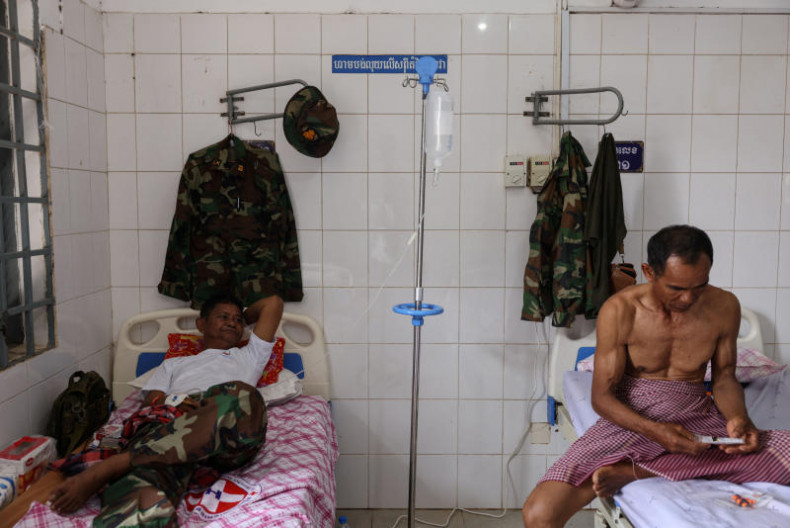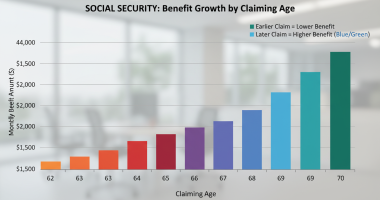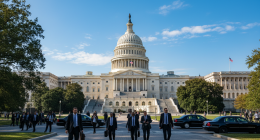Lower House Approves Budget Bill
Coalition Unity Secures 322 Votes
Thailand’s House of Representatives endorsed a 3.78 trillion baht ($115 billion) budget for the 2026 fiscal year, starting October 1, with 322 lawmakers supporting the bill in its first reading after a four-day debate. Despite 158 votes against, the approval marks a significant step for Prime Minister Paetongtarn Shinawatra’s coalition, showcasing its ability to align on critical economic policy.
Next Steps for Budget Scrutiny
Committee Review Set for August
The budget proposals will now advance to a 73-member parliamentary committee for detailed examination before returning to the House for second and third readings in August. This rigorous process ensures thorough evaluation, addressing concerns raised during debates to refine the spending plan for Thailand’s economic needs.
Coalition Tensions Eased by Approval
Pheu Thai and Bhumjaithai Reconcile
The budget’s passage alleviates worries about the stability of Paetongtarn’s government, as her Pheu Thai Party and the Bhumjaithai Party, led by Deputy Prime Minister Anutin Charnvirakul, resolved public disputes over policies like casino legalization. Thaksin Shinawatra, Pheu Thai’s influential figure, dismissed fears of a coalition breakdown, reinforcing unity.
Modest Spending Increase Defended
0.7% Budget Growth Targets Stability
Prime Minister Paetongtarn justified the budget’s modest 0.7% increase from 2025, totaling a 27.9 billion baht rise, as a cautious approach amid global trade uncertainties. Finance Minister Pichai Chunhavajira noted this low growth rate reflects post-Covid fiscal restraint while prioritizing economic recovery.
Addressing Economic Challenges
860 Billion Baht Deficit Planned
The budget includes an 860 billion baht deficit to stimulate Thailand’s sluggish economy, which faces risks from a potential 36% U.S. tariff on exports. The state planning agency cut its growth forecast by 1%, and with the Bank of Thailand limited in further rate cuts, fiscal policy is pivotal.
Strategic Economic Priorities
Focus on Infrastructure and Equity
Paetongtarn emphasized sustainable growth, with the budget allocating funds for infrastructure, social equality, and national security. The government aims to enhance competitiveness and human capital, addressing revenue constraints through a deficit policy to maintain economic stability.
Parliamentary Timeline and Impact
Final Readings Set for October
The budget bill’s first reading occurred during a special parliamentary session from May 28-31, with the vote concluding on May 31. Its passage signals confidence in Paetongtarn’s leadership, potentially averting political instability, as a defeat could have forced her resignation or triggered an election.









